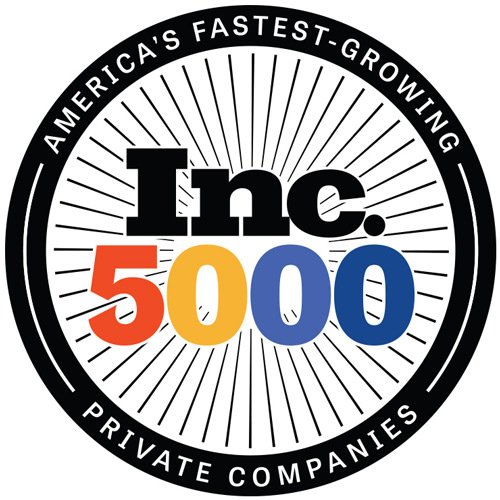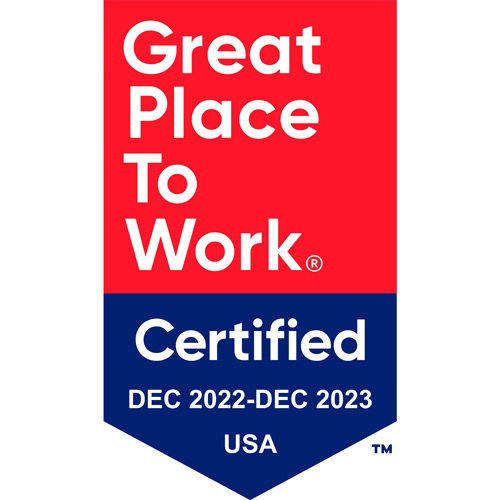Pharmaceutical Regulatory Compliance in Digital Health Innovation
- PM
- February 29, 2024
- Edited February 29, 2024
Table of Contents
In the pharmaceutical industry, ensuring regulatory compliance is not just a requirement; it’s a cornerstone of trust and safety. This post delves into the complexities of pharmaceutical regulatory compliance, highlighting key challenges and offering practical solutions to help companies maintain the highest standards.
1. Understanding the Complex Regulatory Landscape
The pharmaceutical sector faces a dense and ever-evolving regulatory landscape. Keeping up with the changes in pharmaceutical regulatory compliance is daunting but essential. Companies must invest in continuous training and development programs for their staff to stay informed about the latest regulations and guidelines. Employing dedicated compliance officers and utilizing regulatory intelligence software can streamline this process, ensuring that organizations meet current standards and are prepared for future amendments.
2. Ensuring Data Integrity and Security
Data integrity and security are paramount in the pharmaceutical industry. The challenge here lies in safeguarding sensitive data while ensuring it remains accurate and tamper-proof. Adopting a robust IT infrastructure, including secure cloud storage solutions and advanced encryption methods, is crucial. Furthermore, implementing stringent data governance policies will help maintain the integrity and confidentiality of critical data, a key aspect of pharmaceutical regulatory compliance.
3. Navigating International Regulations
For pharmaceutical companies operating globally, complying with international regulations adds an extra layer of complexity. Each country has its own set of rules and standards, making global pharmaceutical regulatory compliance a challenging feat. To overcome this, companies should adopt a flexible regulatory strategy that includes a thorough understanding of regional regulatory environments and leverage local expertise to navigate the specific requirements of each market effectively.
4. Managing Supply Chain Complexity
The pharmaceutical supply chain is intricate, involving numerous stakeholders across different jurisdictions. Ensuring pharmaceutical regulatory compliance across the entire supply chain is challenging but critical. Implementing end-to-end traceability systems can provide transparency and control, allowing companies to monitor compliance at every step. Collaboration with trusted partners and regular audits are also vital to ensure that all supply chain components adhere to the required regulatory standards.
5. Overcoming Clinical Trial Hurdles
Clinical trials are fundamental to pharmaceutical development, yet they present significant compliance challenges. Ethical considerations, patient safety, and data validity are just a few areas where compliance must be meticulously managed.
Companies should employ comprehensive trial management systems to address these challenges, ensure rigorous training for trial staff, and maintain close communication with regulatory bodies. This proactive approach is essential for navigating the complexities of clinical trial regulations and ensuring pharmaceutical regulatory compliance.
6. Adapting to Digital Health Trends
The rise of digital health technologies brings new compliance considerations for the pharmaceutical industry. From digital therapeutics to AI-driven drug discovery, ensuring compliance in this fast-evolving field requires a forward-thinking approach. Companies must work closely with regulatory authorities to understand the implications of new technologies and integrate compliance into the development process from the outset. By doing so, they can harness the potential of digital health innovations while maintaining pharmaceutical regulatory compliance.
Conclusion
Pharmaceutical regulatory compliance is a multifaceted challenge that demands a strategic and proactive approach. Companies can navigate these challenges by understanding and addressing the complexities of the regulatory landscape, ensuring data integrity, navigating international regulations, managing supply chain complexities, overcoming clinical trial hurdles, and adapting to digital health trends. With the right strategies and solutions in place, pharmaceutical companies can achieve compliance and advance the development of safe and effective medical products for those who need them most.
The importance of staying ahead in regulatory compliance cannot be overstated. It is the foundation upon which the trust of patients, healthcare providers, and regulatory bodies is built. As the pharmaceutical industry continues to evolve, so will its regulatory challenges. However, with a commitment to continuous improvement and a focus on innovative compliance solutions, the industry can continue to thrive in an ever-changing regulatory environment.
Read More:
Impact on Healthcare Innovation



